The Moustached Journalist says;
The World Governing Football Body, the Federation of International Football Associations (FIFA), stated that betting is a growing industry worldwide with estimations that the total global turnover from betting on football tournaments is worth billions. While this industry represents a source of funding for the game, it also represents a risk to the integrity of football.
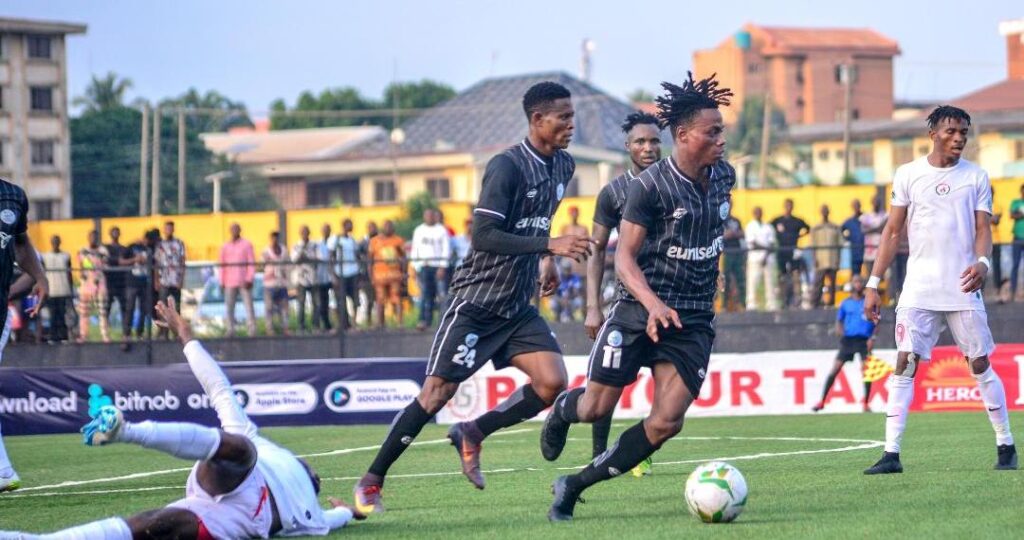
In the context of match-fixing, the course or result of a football match or competition can be influenced or manipulated to gain illegal betting profits.
The starting point of this prohibition emanates from article 26 of the FIFA Code of Ethics, which states the following “Persons bound by this Code are prohibited from participating directly or indirectly, betting, gambling, games of chance, lotteries or similar events or transactions related to football matches or competitions and/or any other related to Football activities”.

According to the same proportion, the following conduct can be subject to an integrity investigation, which can lead to a fine of at least CHF 100,000 and a ban on taking part in any football-related activity for a maximum of three years.
Those bound by the FIFA Code of Ethics, namely all officials, referees, players as well as match agents and intermediaries, are subject to the Code as follows:
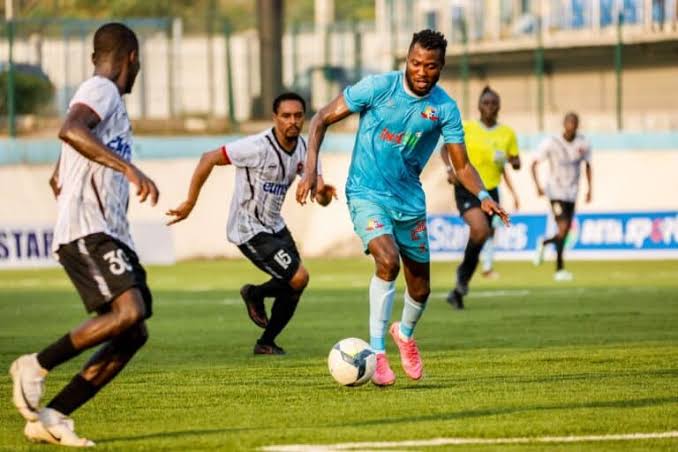
They are forbidden from participating in, either directly or indirectly, betting, gambling, lotteries, or similar events or transactions related to football matches or competitions and/or any related football activities.
They shall not have any interests, either directly or indirectly (through or in conjunction with third parties), in entities, companies, organizations, etc. that promote, broker, arrange, or conduct betting, gambling, lotteries, or similar events or transactions connected with football matches and competitions; “Interests” include gaining any possible advantage for the persons bound by the Code themselves and/or related parties.
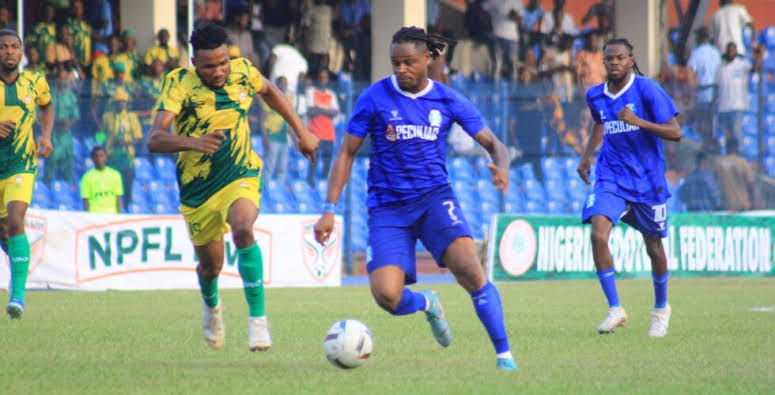
All prohibitions implemented to sports betting by FIFA in Football apply equally to Futsal. Moreover, FIFA also prohibits participation in any entity, organization, brokerage, or company related to Football that exercises an activity where it is possible to withdraw patrimonial increments.
FIFA is fully committed to protecting the integrity of football worldwide and has therefore put in place specific rules on betting gambling, and similar activities in football.
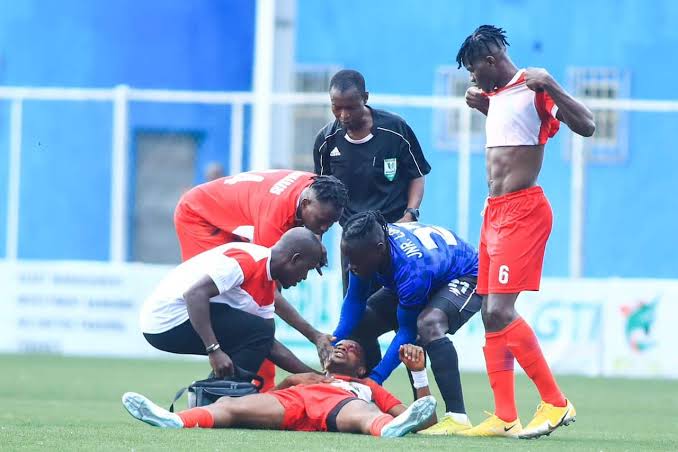
In September 2023, the Nigeria Football Federation (NFF) in an official statement said that it would withdraw the license of any football club involved in match-fixing in the country. This was revealed by the Federation President in an interview with the press that it would not be business as usual where club management buys matches for their clubs to be promoted.
The NFF President, Alhaji Ibrahim Musa Gusau stated this at the Annual General Meeting (AGM) of the Nigeria National League (NNL); the nation’s second-tier football division, held in Jos. However, he was represented by Margaret Icheen, a member of the NFF Executive Board.
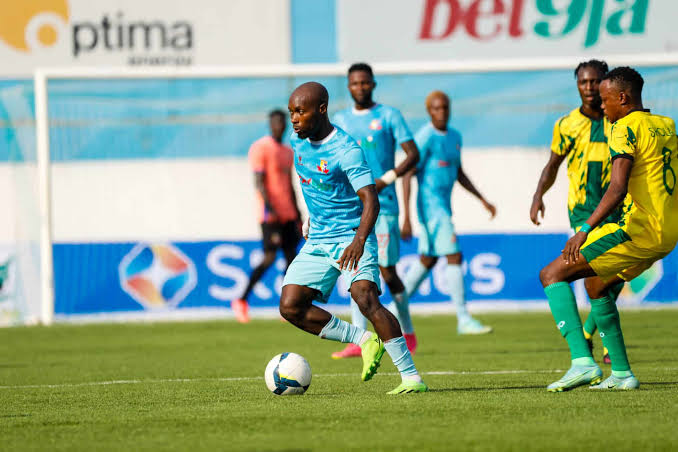
Through his representative for the day, he voraciously warned against match manipulation with the verdict to the fact that should anyone dent the image of the game would face decisive actions from the laws guiding it. While saying that he would do everything possible, to project activities of NNL and indeed football in Nigeria.
Gusau also said that the standards of the NNL, being the bedrock of football in the country, must not be compromised for anything.

“And once the foundation is laid very well, we’ll have a quality premier league in Nigeria. It is not going to be business as usual where clubs buy matches for their clubs to be promoted.
“The referees have been trained on what to do, the coaches have been trained, the match commissioners also have been trained, anyone who does anything wrong will lose his license.
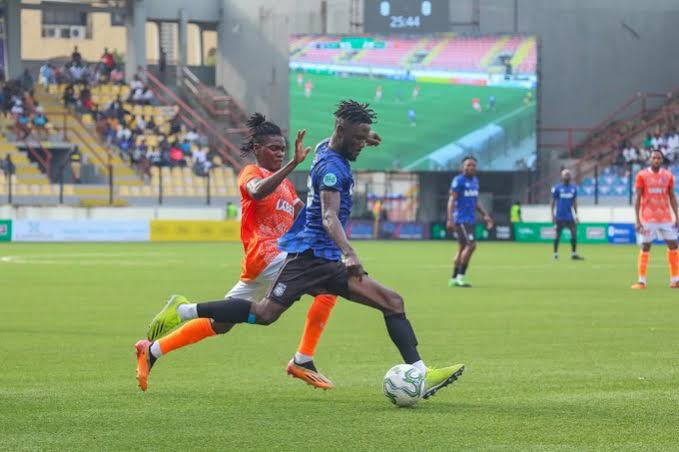
“If you have enough resources to buy matches, you better make your players comfortable so that they can produce a better result for your club. NFF is ready to do that which will bring back the good name of the Nigeria Premier Football League (NPFL) and the NNL for the good of the country,’’ Gusau added.
The effects of betting on Nigerian football are multifaceted and can impact various aspects of the sport, including its integrity, financial stability, and societal perception.
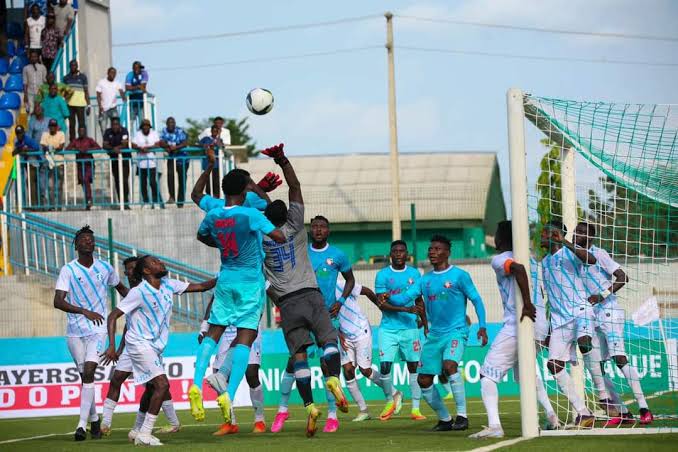
Betting can pose significant integrity risks to Nigerian football. The influence of betting markets on match outcomes may lead to match-fixing, where players, referees, or officials manipulate results for financial gain. This undermines the integrity of the game and erodes trust among fans.
It creates opportunities for corruption and match-fixing. Players may be tempted to manipulate match outcomes, either through deliberate underperformance or by influencing teammates or officials, in exchange for financial incentives from betting syndicates. This compromises the integrity of the game and undermines the trust of fans and stakeholders.
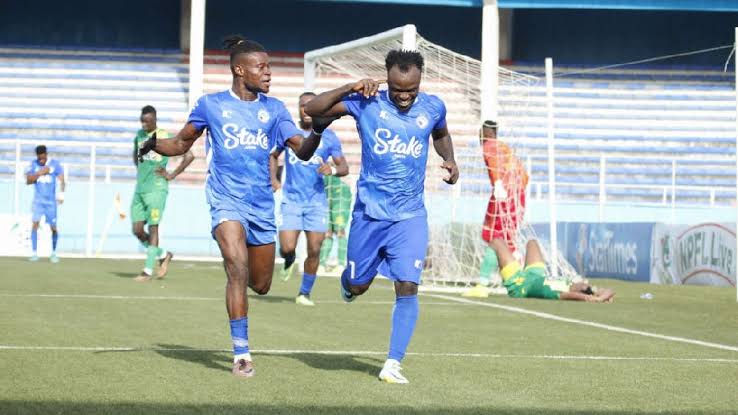
Footballers who engage in betting may fall victim to financial exploitation by gambling operators or criminal organizations. They may be lured into debt or coerced into participating in illegal activities to repay gambling losses, putting their financial stability and personal safety at risk.
Gambling addiction is a serious problem that can affect footballers who engage in betting. Excessive gambling can lead to financial ruin, mental health issues such as anxiety and depression, and strained personal relationships. The stress and pressure associated with gambling addiction can also impact a player’s performance on the field.
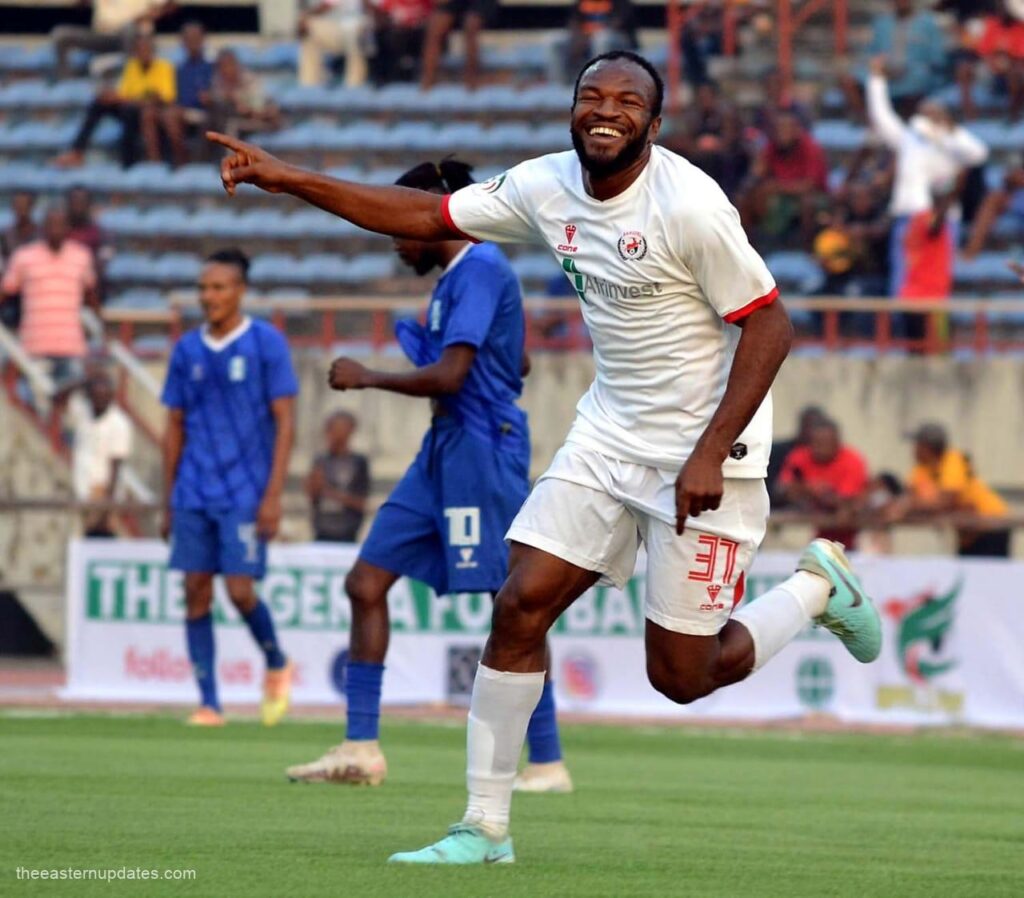
Nigerian football clubs may become financially dependent on sponsorship deals or partnerships with betting companies. While these partnerships can provide much-needed revenue, they may also compromise the independence and autonomy of football entities, leading to potential conflicts of interest.
The pervasive presence of betting in Nigerian football culture may influence young players’ perceptions of the sport. There is a risk that young footballers may prioritize financial gain through betting over the values of fair play, sportsmanship, and skill development. This could have long-term implications for the quality and integrity of Nigerian football.
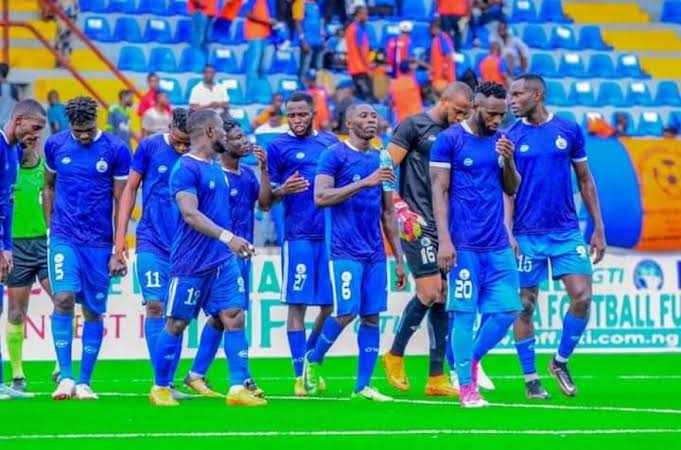
The normalization of betting within Nigerian football can have broader societal implications. It may contribute to the normalization of gambling among young people and perpetuate a cycle of addiction and financial hardship. Moreover, the association of football with betting may reinforce negative stereotypes and perceptions of the sport.
The country faces regulatory challenges in effectively monitoring and regulating the betting industry. Weak enforcement mechanisms and loopholes in existing regulations may facilitate illegal betting activities, exacerbating integrity risks in football and undermining efforts to maintain a level playing field.

Footballers may be susceptible to the negative consequences of gambling addiction, including financial instability, mental health issues, and personal turmoil. The pressures of professional sports combined with easy access to betting platforms may increase the likelihood of players developing gambling-related problems.
The prevalence of betting in Nigerian football may influence fan behavior and attitudes towards the sport. Fans who are heavily invested in betting outcomes may exhibit heightened emotions, aggression, or hostility towards players, officials, or other supporters, potentially leading to safety concerns and disruptions at matches.
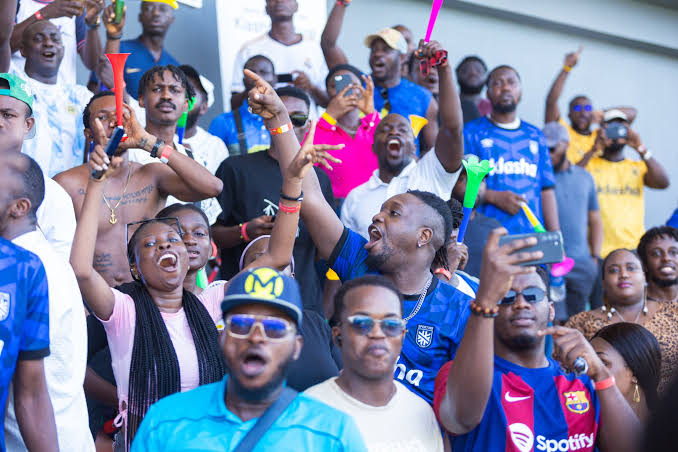
However, the temptation to engage in betting may be present, footballers must recognize the risks and responsibilities associated with this activity. Upholding the integrity of the sport, complying with regulatory requirements, and setting a positive example for fans are essential aspects of being a professional footballer.
The evils of betting on footballers are far-reaching and can have serious repercussions for individuals, the sport of football, and society as a whole. It is imperative for footballers to understand the risks associated with gambling and to refrain from engaging in betting activities that could compromise their integrity, well-being, and career prospects.
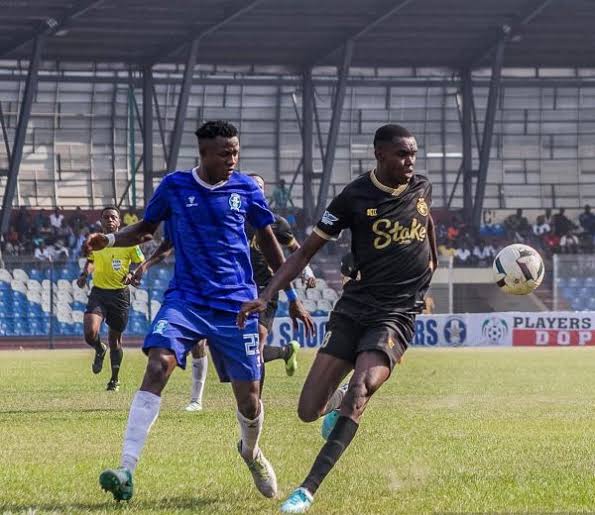
Additionally, robust regulatory measures and education programs are needed to address the root causes of gambling-related issues and protect the integrity of football.
